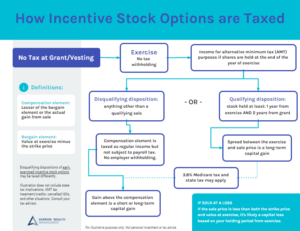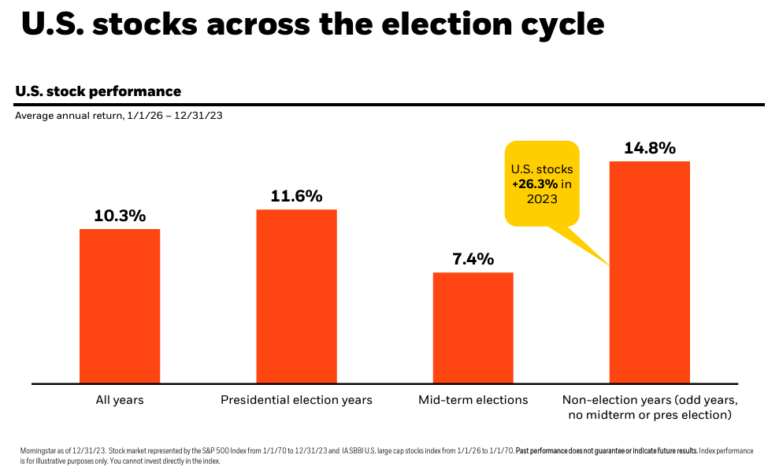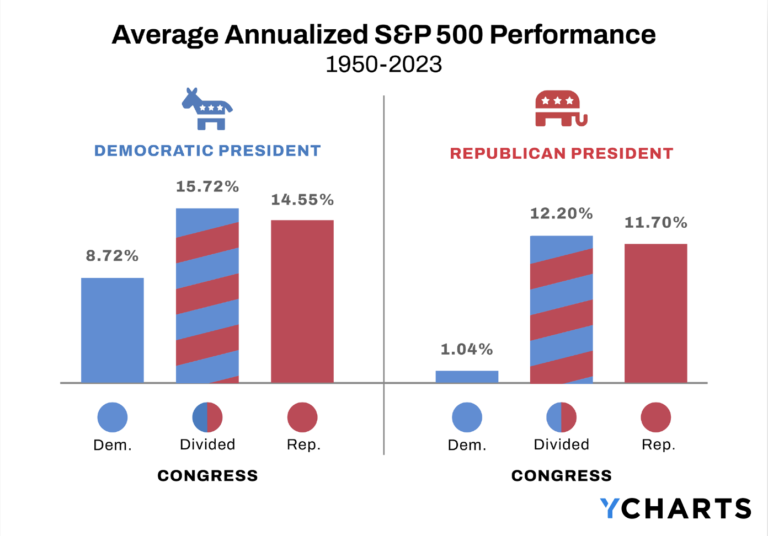There are many financial planning considerations before, during, and after a divorce. A key part of the process from a financial standpoint is dividing the assets. Generally, couples split the value of their assets 50-50 (though not always). But that doesn’t mean the actual assets are just split down the middle, and some assets are much more favorable from a tax perspective than others. Once the divorce is finalized, a crucial (but often overlooked) part of the process is updating estate documents and beneficiary designations. Here are some key considerations when financial planning for a divorce.
Money and divorce
This article solely focuses on some of the general financial planning aspects of divorce and is not personal legal, tax, accounting, or financial advice.
When getting a divorce, it’s important to assemble your team of professionals. During the divorce, your attorney is the star quarterback. You’ll also want to consider engaging a financial advisor, tax advisor, and estate planning attorney too.
Asset division is one of the major financial components of a divorce. But even getting a complete list of the assets can be challenging.
Jared Spinelli, a divorce attorney and Partner at Rubin and Rudman in Boston, MA explains, “It is more common than many people realize that during a divorce we find out that one (or both!) parties had a secret bank account, or secret credit card, that the other spouse did not know about. Initial, mandatory financial discovery rules require us to exchange three full years of bank statements when a divorce process begins and that is tremendously helpful for savvy attorneys (or forensic experts) to review for unexpected financial surprises.”
Finding large cash withdrawals on bank statements or that someone is stashing money inside a payment app like Venmo is also routine, he said.
Dividing assets in divorce
During the asset division process, a financial advisor can help advise you and your attorney on what assets would be most favorable to retain after the divorce. The tax implications of different assets vary significantly. During a negotiation, the attorney can prioritize assets with the highest projected after-tax value.
How different assets are taxed matters a lot during asset division
Money in retirement accounts will be fully taxable as regular income (unless in a Roth account when funds can be tax-free when holding periods are met).
In contrast, investments in a brokerage account are only taxable above the cost basis. Essentially, the cost basis is the original purchase price of the stock, bond, mutual fund, or ETF. What’s more, investments in a brokerage account are taxed at favorable long-term capital gains tax rates when sold. It’s even possible to select specific tax lots within one holding!
Cash assets have no tax implications.
So all else equal, after the divorce, cash and investments in a brokerage account will have a greater value after-tax compared to (non-Roth) retirement accounts.
Tax considerations when dividing the marital home in a divorce are also important. Assuming you both lived in the house at least two of the last five years, you’re likely eligible to exclude up to $500,000 of the gain from your taxable income (assuming you file taxes jointly the year of the sale). That’s a $100,000 savings if you’re in the 20% tax bracket for capital gains! The exclusion for eligible single filers is half the amount.
Asset division strategies and considerations
A lot goes into creating the right asset division strategy for your joint money during a divorce. Your individual circumstances and goals should drive the process. Here are several common key points to consider.
What do you want your life to look like after the divorce? Splitting up your assets and property during a divorce may seem like it’s only about dollars and cents, but it shouldn’t be. In determining what you want to keep, consider how that asset fits into how you’re envisioning your post-divorce life. Do you envision being happy staying in the marital home? Who gets the pets? What investments best suit your risk profile and goals? How much liquidity (e.g. cash) do you need to fund your fresh start? Work with your fiduciary financial advisor on projections to better understand the income you’ll need to maintain your current lifestyle.
Liquidity and cash flow needs. A key factor to consider is the liquidity of the assets being split. Real estate isn’t liquid until sold, so you’ll need to make sure you can cover expenses with other assets. Excluding any transfer as part of the division, withdrawals from retirement accounts are generally subject to penalties if taken before age 59 1/2. Future benefits like Social Security or a pension won’t help you pay your bills right after the divorce.
Retirement accounts: IRAs vs 401(k)s. To split a workplace retirement plan like a 401(k), 403(b), or a pension plan, a court-issued document called a qualified domestic relations order (QDRO) is required. The attorney must prepare the QDRO, it isn’t a standard form, and can add time and expense to the process. In contrast, transferring or splitting an IRA is a standard process at the major financial institutions. Sometimes, it’s advantageous to have the 401(k) account owner keep that asset and equalize the division with funds in an IRA. This isn’t the only consideration when dividing retirement accounts, but something to be aware of.
Mortgages. When real estate ownership changes hands during a divorce, the former owner can’t remain on the mortgage. To keep the property after the divorce, you’ll have to pay off the mortgage or refinance into a new loan in your name. This requires totally new underwriting based on your credit and post-divorce assets and income. So it’s really important to make sure you’ll qualify on your own. And keep in mind, the monthly payment will increase if refinancing into a higher rate.
Stock options/equity compensation. There are many factors to consider when dividing stock options in a divorce. The first is what portion of the equity compensation is a marital asset to begin with (more on that later).
Jared Spinelli explains, “An initial review is to determine what interests have already vested and/or what ‘may’ vest subject to a vesting schedule and other attained benchmarks. Perhaps the most equitable result is to treat already vested stock as a marital asset subject to division and any future vesting interests as income for purposes of support (although it does not need to be done this way). It’s so incredibly important to find a knowledgeable, experienced domestic relations attorney familiar with complex compensation structures so that they can work with everyone involved to determine the most appropriate treatment of stock compensation or equity ownership.”
He warns, “If the case cannot settle, the challenge then becomes how to most clearly explain the complex compensation so that a judge understands and rules correctly.”
Even if all sides agree on the shares to include in the marital assets, valuation can be a challenge if the company is private. Further, most stock plan documents prohibit the transfer of equity compensation which poses hurdles for a swift division. Neutralizing the tax impact is particularly important for the equity-holder. Exercises/sales (or in the case of restricted stock units, vesting) is taxable to them personally.
It’s all about marital assets
The divorce attorneys must agree on what assets are part of the marital asset pool. States have different laws about what constitutes a marital asset. The biggest difference is between community property states (like California) and separate property states (like Massachusetts). Other key relevant factors include when the asset was acquired and whether you have a prenuptial or postnuptial agreement. How assets are titled (in which spouse’s name) might be irrelevant.
What happens to an inheritance during a divorce?
Is a current or future inheritance subject to division during a divorce? Maybe. Most often, an inheritance received before marriage is that person’s separate property.
Spinelli says “If there’s no prenuptial agreement, a party’s potential to inherit from someone in the future, post-divorce, is at least a consideration that warrants a discussion during the divorce process. Initially, that centers around whether and to what extent the potential (or inevitability) to inherit is a mere expectancy or more of a guarantee. Even so, the lawyers and/or the judge can be creative in electing how it would be most equitable to consider a potential inheritance in the overall division of assets quandary.”
Of course, there are many other aspects of inheritance and divorce to consider and discuss with your attorney, but it should be on your radar.
Key financial planning moves after the divorce
The divorce may be over, but there’s still some work left to fully transition and protect your finances. Here’s a checklist of post-divorce financial planning moves.
- Update retirement plan beneficiary designations. The retirement accounts in your own name will likely need to be updated to reflect your new beneficiary wishes. Typically, couples name their spouse the primary beneficiary. But after a divorce, ex-spouses seldom want the other to get that money. Changing your beneficiary designations is the only way to ensure that happens. Estate planning is an important part of this, especially if you have young children, so consider setting up a trust.
- Changing – and tracking – life insurance beneficiary designations. Again, you’ll want to make sure all of your life insurance policies reflect your wishes and the terms of the divorce agreement. With minor children, it’s not uncommon for divorce agreements to require one/both parties to keep a certain amount of life insurance for a specific period. It could be 20 years or more until you can drop the policy or change the beneficiary. It’s up to you (perhaps with the help of your advisor) to track it.
- Get a new estate plan. After a divorce, you’ll want an attorney to help you redo your estate plan. This is a really important step. An estate plan includes wills, trust documents, your wishes for the disposition of tangible assets, and so on. Within these documents, you name people to key appointments: executor, trustee/co-trustee/successor trustee, power of attorney, healthcare proxy, guardian for minor children, etc. After the divorce, you likely want to change the appointments you made while married. States have different estate tax laws, so if you plan to relocate, you’ll need an attorney in that area.
Financial planning before, during, and after a divorce
Getting your trusted team of advisors in place to help you navigate a divorce is critical to getting through it. There are numerous complex and emotional issues to endure, so you’ll want a strong team around you. Especially for high-net-worth divorces, it gets increasingly complex. When one spouse manages the family finances, the other may feel overwhelmed when the marriage ends. But you don’t have to do it alone! A fiduciary advisor can help you understand your assets, talk about investing without the need for jargon, and importantly, help you build a financial plan for your next chapter.
Article written by Darrow Wealth Management President Kristin McKenna, CFP® and originally appeared on Forbes.











